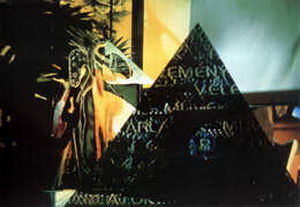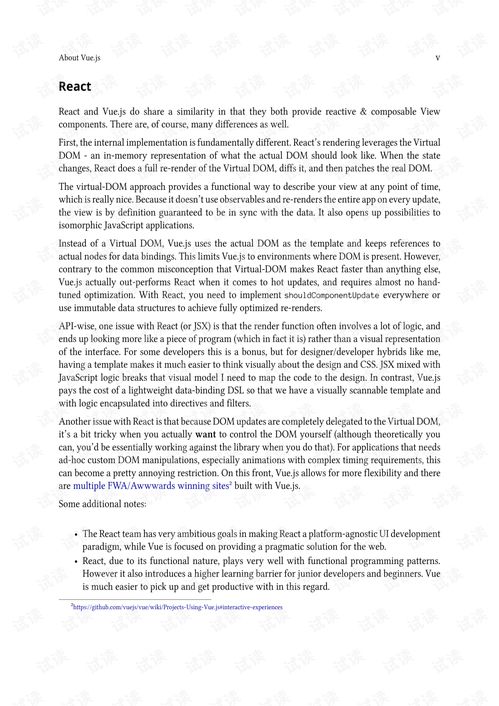Content:

As the sun begins to cast longer shadows and the days grow warmer, the arrival of summer heralds an ideal time for fishing enthusiasts to head to their favorite watering holes. The season of lush greenery and blooming flowers is also the perfect time to hone your fishing skills. Whether you're a seasoned angler or a beginner looking to cast your line for the first time, here are some essential tips and techniques to help you catch more fish during the delightful months of summer.
Understanding the Summer Fishing Season
Summer is a time when fish are generally more active. The warmer temperatures can stimulate their metabolism, making them more inclined to feed. However, the increased activity also means that fish can be more cautious and selective about what they eat. Here's how to adapt your techniques accordingly:
Early Morning and Evening Routines
Fish are often most active during the early morning and evening hours when the water is cooler. This is because the cooler temperatures are more comfortable for them and can mimic the cooler water temperatures found in the deeper parts of the lake or river. Plan your fishing trips to align with these times.
Water Temperature
Keep an eye on the water temperature. Fish are more active in water that is between 65°F and 75°F (18°C to 24°C). When the water is too warm, fish can become less active. Use a fishfinder or water thermometer to gauge the temperature and adjust your tactics accordingly.
Choosing the Right Equipment
The right equipment can make a significant difference in your fishing success. Here's what you'll need:
Rod and Reel
Select a rod and reel that match the type of fishing you plan to do. For freshwater fishing, a medium-action rod is usually a good all-around choice. Make sure the reel is properly lubricated and the drag is set correctly.
Line
The type of line you use depends on the fish you're targeting and the conditions of the water. Monofilament is versatile and works well in most situations, but consider using fluorocarbon line for increased sensitivity and reduced visibility in clear water.
Lures and Baits
Choose lures and baits that mimic the natural prey of the fish you're targeting. For example, if you're fishing for bass, consider using spinnerbaits, crankbaits, or worms. For panfish, small jigs or live bait might be more effective.
Effective Techniques
Once you have the right equipment, it's time to put it to use. Here are some effective fishing techniques for summer:
Topwater Fishing
Topwater baits are great for summer fishing as they often trigger strikes from fish that are actively feeding at the surface. Cast your lure and work it back to the boat with a series of short, sharp twitches. Pause between twitches to allow the lure to settle and react to the natural currents.
Deep-Dropping
When fish are deeper in the water column, deep-dropping can be an effective technique. Use heavy jigs or spinnerbaits and allow them to sink to the desired depth. Then, retrieve them slowly and methodically, giving the fish time to react.
Live Bait
Live bait can be very effective in summer, especially when fish are more selective. Use natural baits like worms, minnows, or crayfish, and make sure they are fresh and lively. Fish are more likely to bite on something that looks natural and moves like it would in the wild.
Still Fishing
For some species, still fishing can be the best approach. Cast your line out and let it sit. This technique requires patience but can be very rewarding, especially for catching larger fish that may be less inclined to chase after lures.
Weather Considerations
Summer weather can be unpredictable. Here are some tips to consider:
Cloudy Days
Cloudy days can be excellent for fishing as they can keep the water temperature down. Take advantage of these days to catch fish that might be less active on sunny days.
Windy Conditions
Strong winds can make fishing challenging, but they can also stir up the water and displace baitfish, making them more accessible to predators. Cast into the wind to cover more ground and keep your line tight.
Safety First
Always prioritize safety when fishing. Here are some safety tips:
Know the Water
Familiarize yourself with the area you're fishing. Be aware of any hazards such as rocks, stumps, or sudden drop-offs.
Weather Awareness
Stay informed about the weather forecast. If severe weather is predicted, don't hesitate to head home.
Water Safety
Always wear a life jacket, especially if you're in open water or if you're a beginner.
Conclusion
Summer fishing can be a delightful experience, offering the chance to enjoy the great outdoors while pursuing some of the most challenging and rewarding catches of the year. By understanding the summer fishing season, choosing the right equipment, mastering effective techniques, and staying safe, you'll be well on your way to a successful summer of fishing. Cast your line, embrace the adventure, and remember that the most important part of fishing is the journey, not just the catch. Happy fishing!












